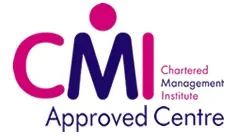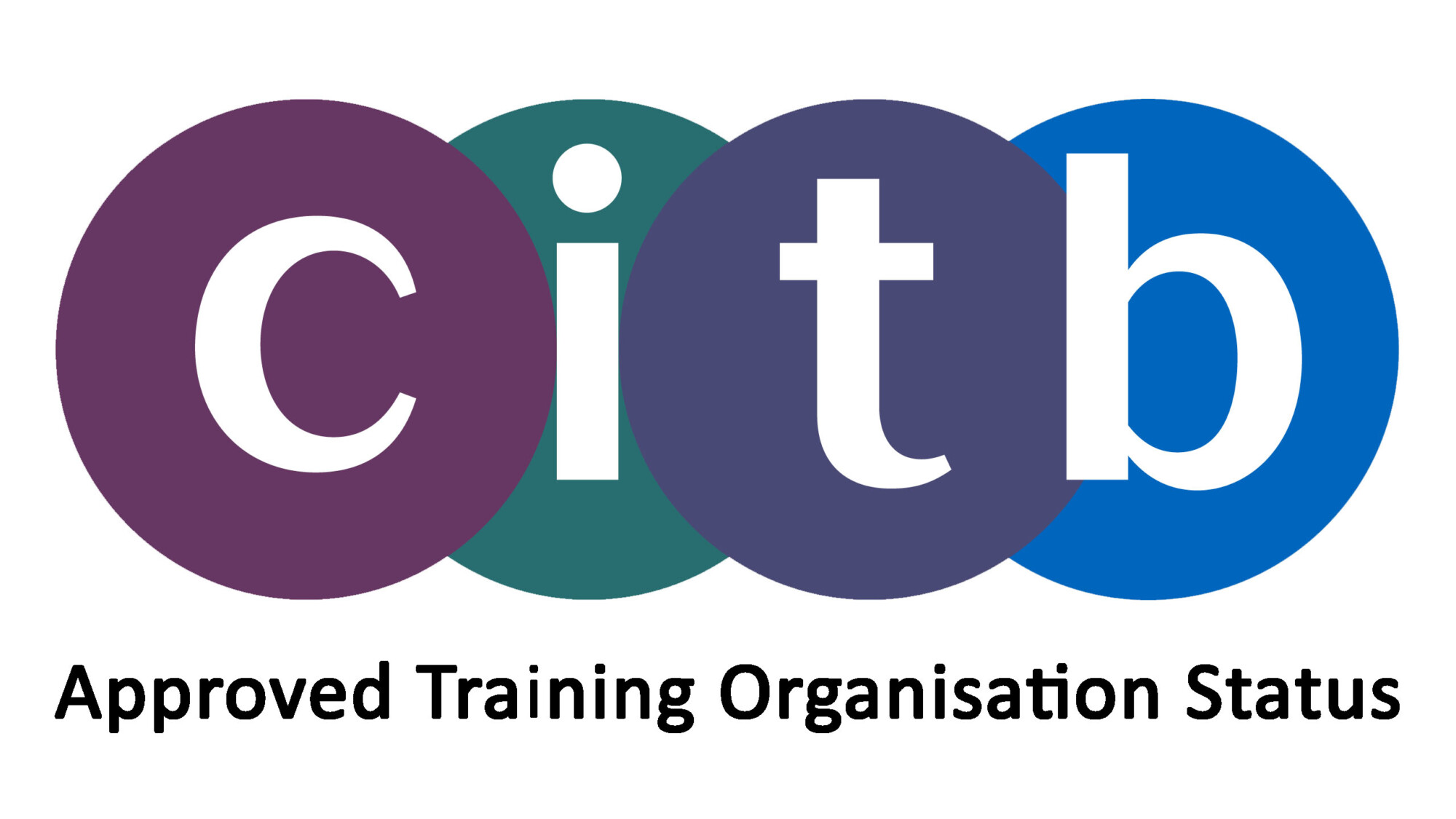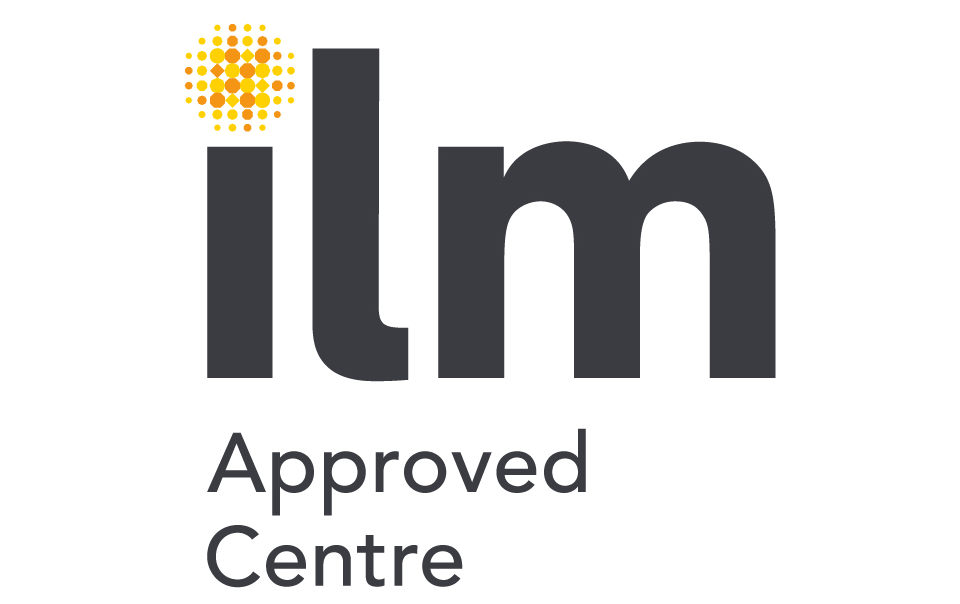Management and Leadership Development Programmes
Overview
It supports and challenges delegates in becoming more effective in a range of key management competencies, as well as highlighting the importance of gaining commitment and buy-in from those they lead through motivational leadership skills. Delegates will discover their leadership style and learn how to adapt this in order to get the best out of different individuals and situations.
Objectives
- For each delegate to understand how to manage and lead effectively in the workplace.
- For each delegate to understand their natural preference and way of working as a leader.
- For each delegate to understand where and how to broaden their management strengths and capabilities.
- For each delegate to learn how to manage others effectively through change.
- For each delegate to understand how to motivate through effective coaching, situational leadership and performance management.
- For each delegate to learn how to gain the commitment and ownership of their teams and individuals.
Content
Day One
Introduction of Keystone facilitator
How do I see the role of a manager?
- A tutor presentation on organisational structure, highlighting the different skills needed at different levels and asking delegates to identify their key management competencies.
People management – the ‘Ideal Manager’
- A discussion on the key behavioural skills required to manage a group of people effectively
- In the light of the above discussions, delegates will analyse their own strengths in the role and where they feel they should develop.
Understanding what people want from a leader.
- What would you want?
- What defines a ‘leader’? What is the perception of a leader within this organisation?
- What leadership traits do you possess?
- John Adair’s’ Action Centred Leadership Model.
- A blueprint for leadership and the management of any team.
Examining the following:
- Achieving the task
- Managing the team or group
- Managing individuals
- Managing V. Leading – definitions and differences. Kotter’s Model.
- Roles and responsibilities required by both
- What do I do comfortably and where are my stretch areas?
- What’s My Leadership Style – Self Assessment.
Like vs respect.
- A group discussion asking delegates how they lead their team and whether they are driven by being liked or by being respected, which they should be driven by and why.
Compliance, commitment, and collaboration.
- Explaining the difference between compliance and commitment. A practical exercise to introduce the collaborative approach to managing people.
Morale and motivation.
- An exercise to analyse the key motivators that produce high morale.
Change management.
- Tutor presentation on the psychological steps involved in a change with group discussion on managing each step.
- Introduction of EBPI preferences
- Understanding how and when to develop team members according to their EBPI style.
Summary and close.
Day Two
Re-cap of day one.
What are the elements of successful coaching?
- In syndicate groups, delegates will be asked to put forward the key elements involved in developing others. Through tutor led feedback and discussion, the group will be able to understand that successful coaching has 3 main phases and m6 key elements i.e.:
Phases Elements
- Delegates will see that each element is essential and requires on-going support and guidance.
- Exercise – learning to juggle
- Management and leadership conversations – self assessment, highlighting the following:
- Orienting to new work
- Establishing direction
- Coaching for results
- Reviewing Performance
- Developing others
- The impact of having and not having management and leadership conversations
Introducing new conversations into your management approach
- Final group exercise, Chains of England
- Team, leadership and communication project focusing ontrusting others to deliver.
- De-brief
- Learning areas and action planning
Summary and close.


